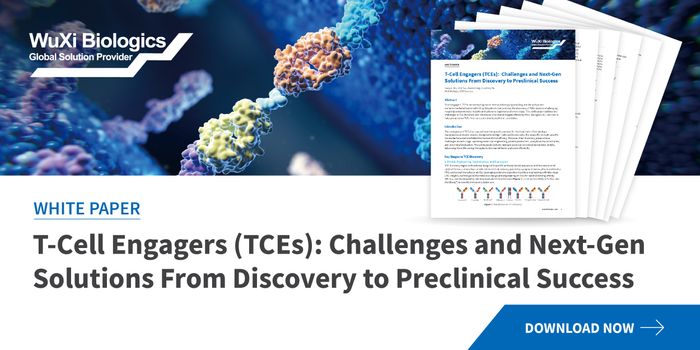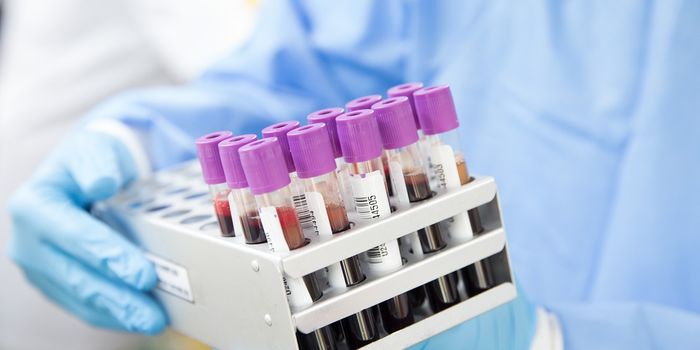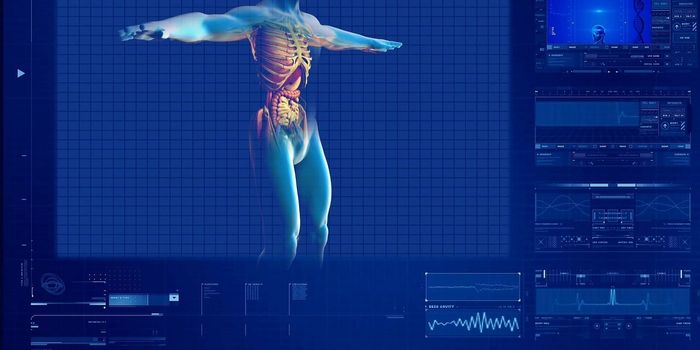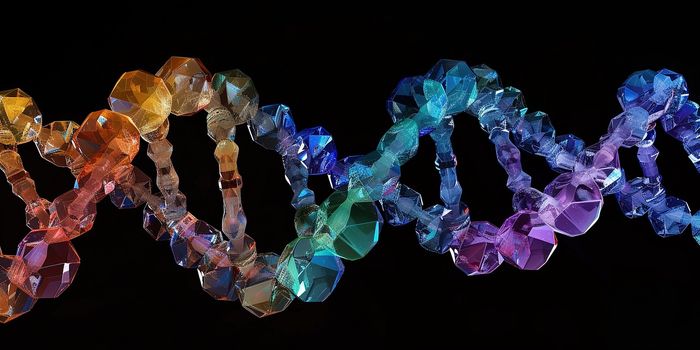E. coli and colon cancer
Research published recently in Nature provides evidence for a direct link between the presence of E. coli and increased risk of colon cancer. Researchers from the Hubrecht Institute (KNAW) and Princess Máxima Center in Utrecht, the Netherlands say that the common gut bacteria can induce mutations that in turn drive tumorigenesis.
Escherichia coli (E. coli) doesn’t have a great household name. Known to be genotoxic, meaning that it damages the genetic information in cells (DNA), the bacterium is surprisingly common: one out of every five adults are hosts. But until now, the mechanism behind the bacterium’s genotoxicity hasn’t been explicitly clear.
In their analysis, the researchers studied the mutational signatures that the chemical colibactin, which is the chemical released by E. coli, leaves. "These signatures can have great value in determining causes of cancer and may even direct treatment strategies," explains Ruben Van Boxtel from the Princess Máxima Center for pediatric oncology. "We can identify such mutational footprints in several forms of cancer, also in pediatric cancer. This time we wondered if the genotoxic bacteria also leave their unique distinguishing mark in the DNA."
"I remember the excitement when the first signatures appeared on the computer screen," says fellow research Axel Rosendahl Huber. "We had hoped for some indication of a signature that we could follow up on in other experiments, but the patterns were more striking than any signature we had analyzed before."
Now researchers can say for sure they known how colibactin harms DNA and subsequently creates mutations that lead to cancer tumors: it’s all in the structure of the chemical - the same structure which they saw after in the DNA of colon cancer patients. "While we were at the final stage of the project, different research teams identified the structure of colibactin and how it interacts with the DNA," says researcher Cayetano Pleguezuelos-Manzano. "It was like a puzzle falling into place. The mutational patterns that we saw in our experiments could very well be explained by colibactin's chemical structure."
This was the moment that they understood the grand implications of their findings: if individuals can be screened the E. coli and given preventative treatment with antibiotics, it could be possible to eradicate future cases of colon cancer.
Sources: Nature, Science Daily









